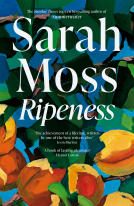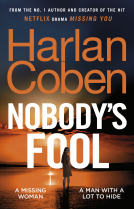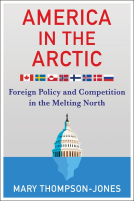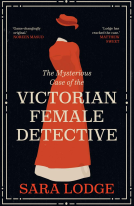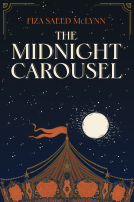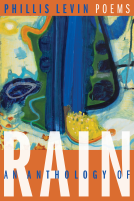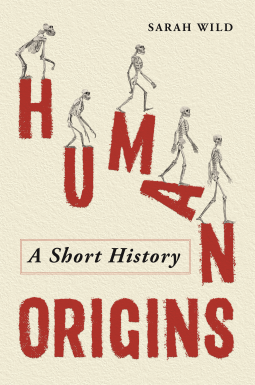
Human Origins
A Short History
by Sarah Wild
This title was previously available on NetGalley and is now archived.
Send NetGalley books directly to your Kindle or Kindle app
1
To read on a Kindle or Kindle app, please add kindle@netgalley.com as an approved email address to receive files in your Amazon account. Click here for step-by-step instructions.
2
Also find your Kindle email address within your Amazon account, and enter it here.
Pub Date 12 Oct 2023 | Archive Date 16 Nov 2023
Michael O'Mara Limited | Michael O'Mara
Talking about this book? Use #HumanOrigins #NetGalley. More hashtag tips!
Description
Humans are the dominant species on the planet. But how did we get here? Human Origins takes the reader on a fascinating 7-million-year journey from our earliest primordial ape-like roots through to the present day.
For almost a hundred years, scientists have been trying to decipher the secrets of humanity’s evolution. At first, they relied on rare pieces of ancient skulls and bone fragments. But every year, they make new discoveries, uncover new fossils and develop new techniques to tease apart the story of our evolution.
So far, from skeletons to teeth, humanity has found more than 6,000 hominin individuals. These individuals span several species, all of which tell the tale of human evolution: how our brains changed over time, what we ate, how we lived. Including the latest scientific findings, Human Origins will also look at some of the biggest questions that remain: What makes humans unique? Where did the Neanderthals go? And are humans still evolving?
Available Editions
| EDITION | Other Format |
| ISBN | 9781789295788 |
| PRICE | £12.99 (GBP) |
| PAGES | 224 |
Available on NetGalley
Featured Reviews
 Shari B, Reviewer
Shari B, Reviewer
At the beginning of this book, the author states, "The aim of this book is to break the complex human story into bite-sized chunks, to highlight the broad trends and the major disagreements--and there are many disagreements...I have also tried to highlight how much our understanding of human origins has changed--and continues to change--and how, in some ways, palaeoanthropology showcases some of the best features of scientific inquiry..." (p6)
Does she succeed at the task she has set for herself? Indeed she does! She skillfully weaves the many threads of the story of human origins into a very readable, informative, fascinating narrative. Along the way, some threads get dropped and new ones picked up as more evidence becomes available. The search for the definitive story of how we--Homo sapiens sapiens--became the last homo species left will probably never be completely understood. The clues are random and necessarily fragmentary. We only have what turns up in the archaeological record. Then there is the interpretation of what is found, which often leads to disagreement between scientists. There is broad agreement that anatomically modern humans have been around for about 300,000 years, but how we got to that point and what happened to the other human species is still being explored. One 'fun fact' in the book was that Homo sapiens is the only hominin species (the lineage of species that diverged from chimpanzees 6 to 7 million years ago and resulted in us) to have a chin, as far as scientists know, and they don't know why.
This book is a great overview of the current state of thinking about human origins. It explains things without getting deep into jargon--general readers will find the book fascinating, highly readable, and informative. My one quibble was the explanatory boxes that were placed in the middle of the text. They provided important information, but the placement did interrupt the narrative flow for me, so I ended up just reading each chapter, then going back to read the text within the boxes. That's a minor issue, though, and about organization, not the excellent book itself. I highly recommend this book.
Readers who liked this book also liked:
Tomoka Shibasaki
General Fiction (Adult), Literary Fiction, Novellas & Short Stories

